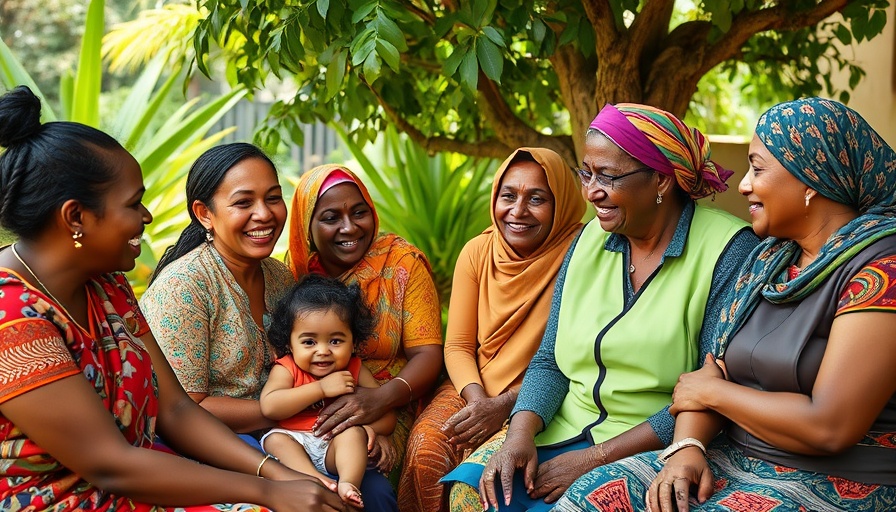
A Call to Action: Climate Change and Human Rights
The ongoing threat of climate change presents a pivotal challenge not just to the environment, but also to basic human rights, particularly in regions such as Africa. As High Commissioner Volker Türk pointed out in his recent address to the Human Rights Council in Geneva, the plight of climate impact on vulnerable populations cannot be underestimated. His assertion that climate change undermines the very essence of decent work highlights the intersection of economic stability and environmental sustainability.
Understanding the Human Rights Implications of Climate Change
Climate change, at its core, infringes upon various human rights, as communities are displaced, livelihoods are destroyed, and basic needs are compromised. Türk's question to Member States, whether sufficient measures are being taken to shield people from climate chaos, strikes at the heart of current policy shortcomings. For business leaders and policymakers in Africa, addressing these issues isn't just a moral obligation; it is a strategic necessity.
The Potential of a Just Transition
If there is a silver lining in this crisis, it may lie in the concept of a 'just transition.' This approach emphasizes the necessity for governments and businesses to rethink their operational frameworks in ways that prioritize both environmental sustainability and human rights. By forging a path that equally considers economic development and ecological preservation, Africa's role in global trade dynamics could evolve into a model for other regions.
International Cooperation: A Necessity for Progress
In addressing climate change's human rights implications, international collaboration becomes paramount. The interconnectedness of African economies with global markets necessitates a concerted effort to align human rights with climate action. For investors looking to engage meaningfully with African markets, understanding these dynamics becomes essential for sustainable profit.
Conclusions and Call to Action
As the world grapples with climate change, the call from the UN for a roadmap towards equitable and sustainable societies should resonate deeply within African economies. Stakeholders—including business leaders, policymakers, and civil society—must act decisively. Engaging with these pressing issues not only serves to protect the rights of the most vulnerable but also offers an opportunity for transformative growth. Embracing a dialogue about climate change and human rights can lead to innovative solutions that enhance Africa's standing in global affairs.
 Add Row
Add Row  Add
Add 


Write A Comment